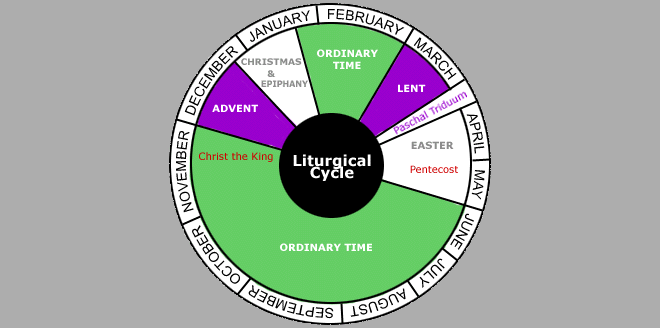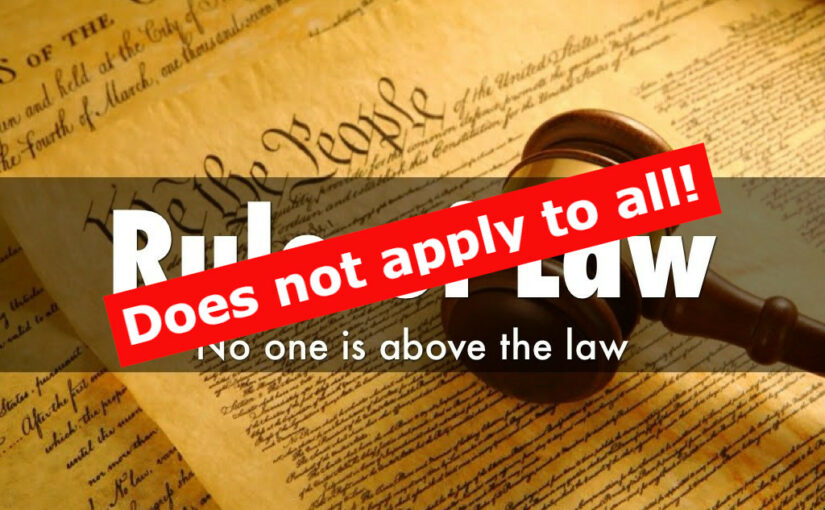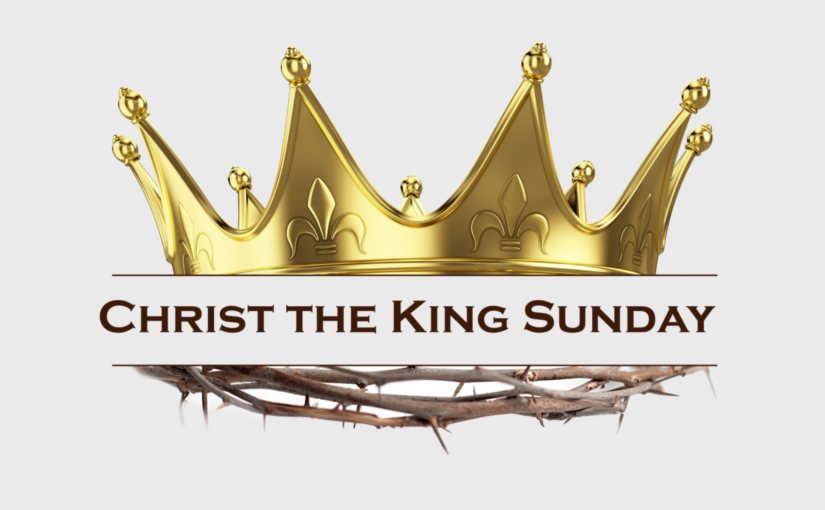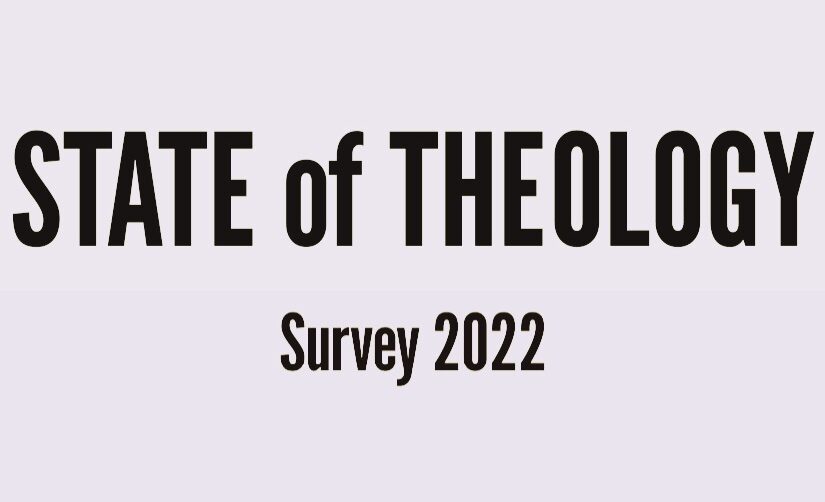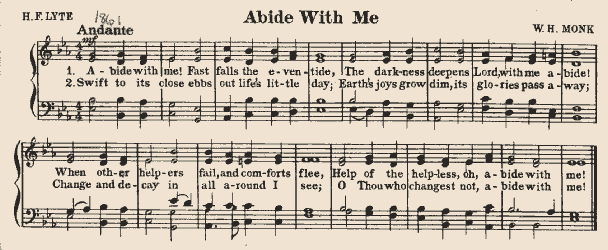A subject which has occupied my mind for quite some time now is the tendency among us Evangelicals to ignore and even demonize past theology–specifically, most theology prior to the founding or beginning of our own tradition, denomination, or movement. I think the reason for this is that many Evangelical Christians misunderstand the Reformation principle of “sola Scriptura” to mean, “My Bible and Me — don’t need anything else“. This attitude of many Evangelicals would better be described as “nuda Scriptura” (the naked Scripture) and it leads to the phenomenon of each believer being his or her own pope. However, I think this is a far cry from what Martin Luther meant–after all, in his own interpretition of Scripture he frequently references the Church Fathers and their interpretations.
In this post Keneth Tanner argues that while personal Bible reading is good and useful, it is not enough: Holy Scripture must be read in and with the church in order to be properly understood.
A Guest Post by Kenneth Tanner[1]
The Bible is a communal book.
Yes, you can sit down in a chair by yourself and read the Bible, and the Spirit can illumine your mind and quicken your heart, but that is true only in a very narrow sense.
This “personal” way of reading Scripture is a minimal approach that too many make maximal.
We are meant to hear the Scriptures as we gather in the liturgy around the table with bread and wine, and to read them (as we read them!) with the whole church through time, situated as she has been (and as she is) among all sorts of persons in all sorts of places.
We cannot read the Scriptures with wisdom without the community that has over centuries across many languages, cultures, and paradigms created, gathered, preserved, interpreted, taught, prayed, and preached them, and this includes rabbinical and patristic readers.
If I’m only reading Scripture with the family that raised me or the tradition in which I was catechized or the society in which I am situated, if I am only paying attention to contemporary and not also ancient voices, to readers from my camp or clique or race or tribe without listening to the choir of time-tested Christ-wise readers, my reading will at least be mildly idiosyncratic if not ludicrously wild and potentially harmful.
When we read the Scripture with the whole church we are likelier to find the meaning of each lyric or story, prophecy or precept in the only place we will find them: the flesh of Jesus.
Jesus Christ opens our minds to understand the Scriptures and that happens in communion with his broken body.
__________- Fr. Kenneth Tanner is pastor of the Anglican Church of the Redeemer in Rochester Hills, Michigan, USA. This text was first posted on Facebook on February 2, 2023.
A German translation by Wolf Paul is available here.
Copyright © 2023 by Kenneth Tanner. Used by permission.[↩]


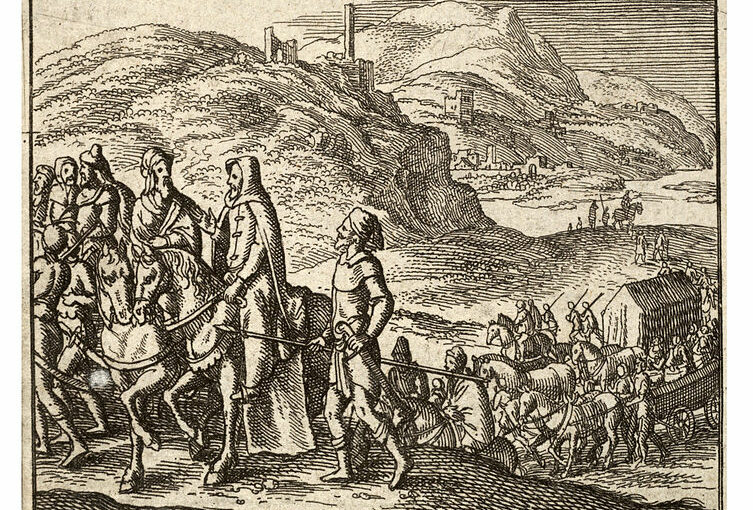

 Well, for me one of these would be the sounds of
Well, for me one of these would be the sounds of 